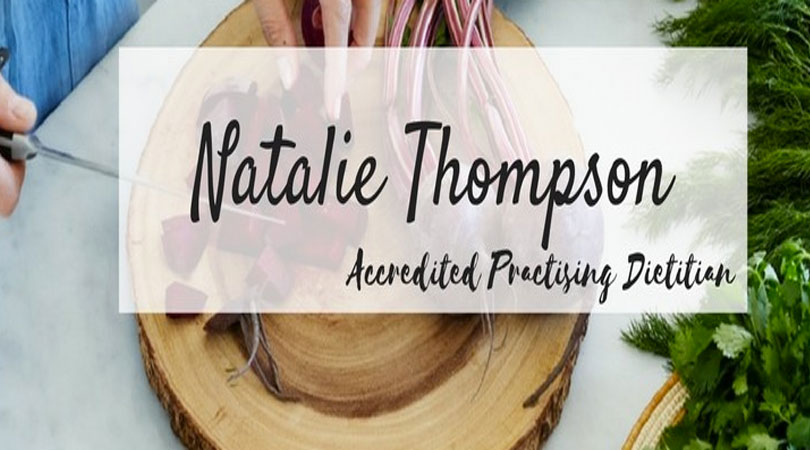
02 Jan Finding Freedom From Guilt With Food Even When Mothers’ Guilt Exists
Feelings of guilt and shame around food and eating are sadly all too common.
Guilt is something mothers feel a lot.
Also known as ‘Mothers’ Guilt’.
I would argue that mothers’ guilt is more prevalent in our generation than any other. I wonder if it is because of the massive amount of information we have available to us through all kinds of media. We continually see images and hear messages in society of what is normal or expected of us, and if we don’t conform and behave a certain way, then we get this overwhelming sense of guilt.
Many people experience guilt and shame with food and nutrition too. These feelings take the joy out of eating and life. You are probably nodding your head reading this, because like I said, many people experience this.
We are continually bombarded by messages everywhere we turn, telling us what is healthy/unhealthy, what we should/shouldn’t look like, what we should/shouldn’t do in order to look like the ‘thin ideal’, and what to do about it.
Dieting to lose weight or to change something about our bodies or ourselves is the very thing that is mistakenly viewed as the solution to the majority of health issues or non-health related problems.
Society has been giving us the same toxic messages for decades and how well has this worked for us? Exactly, it has not worked.
Dieting in any form (obvious or not) is not safe or effective.
Dieting actually makes people heavier (Mann, et al., 2007).
Dieting is the single biggest risk factor for developing an eating disorder and other poor health outcomes (National Eating Disorder Collaboration, 2016).
We are not in an obesity epidemic, but a disordered eating epidemic.
Here are 3 Tips for developing resilience so you can find freedom with food and eating:
- Don’t buy into the whole “you are not enough/worthy, you must ‘fix’ your body by controlling/restricting your food” (also known as dieting).
If you feel unworthy, explore what is really going on with you. Food, body/weight and dieting are usually covers for something much deeper and uncomfortable going on emotionally.
Remember that the weight loss industry is a multi-billion dollar industry. So why would society change anytime soon?
- View food as morally neutral.
Food is neither ‘good’/’bad’, ‘healthy’/’unhealthy’, ‘clean’, ‘paleo’.
Food is food.
You are not superior or inferior for eating or avoiding certain food.
If you want to talk about food in relation to its nutrient profile, use the words ‘every day’ and ‘sometimes’ food. ‘Every day’ foods are those that are packed with nutrients, while ‘sometimes’ foods are those that are higher in energy with limited amount of nutrients.
- Get support from a community of like-minded people, all striving to prioritise health, not weight, weight loss or trying to ‘fix’ their amazing bodies.
Unfollow people who add to the unhelpful messages we already receive.
Life is really too short to experience guilt, shame and preoccupation with food and your body, especially as mothers. If you weren’t so fixated on your body image, imagine how much happier and productive you and society would be, especially the next generation.
References
- Mann T, Tomiyama AJ, Westling E, Lew AM, Samuels B, Chatman J. Medicare’s search for effective obesity treatments: diets are not the answer. Am Psychol. 2007 Apr;62(3):220-33. Accessed December 14, 2016 via https://www.ncbi.nlm.nih.gov/pubmed/17469900
- National Eating Disorder Collaboration. Eating Disorder Risk Factors. Accessed December 14, 2016 via http://www.nedc.com.au/risk-factors


